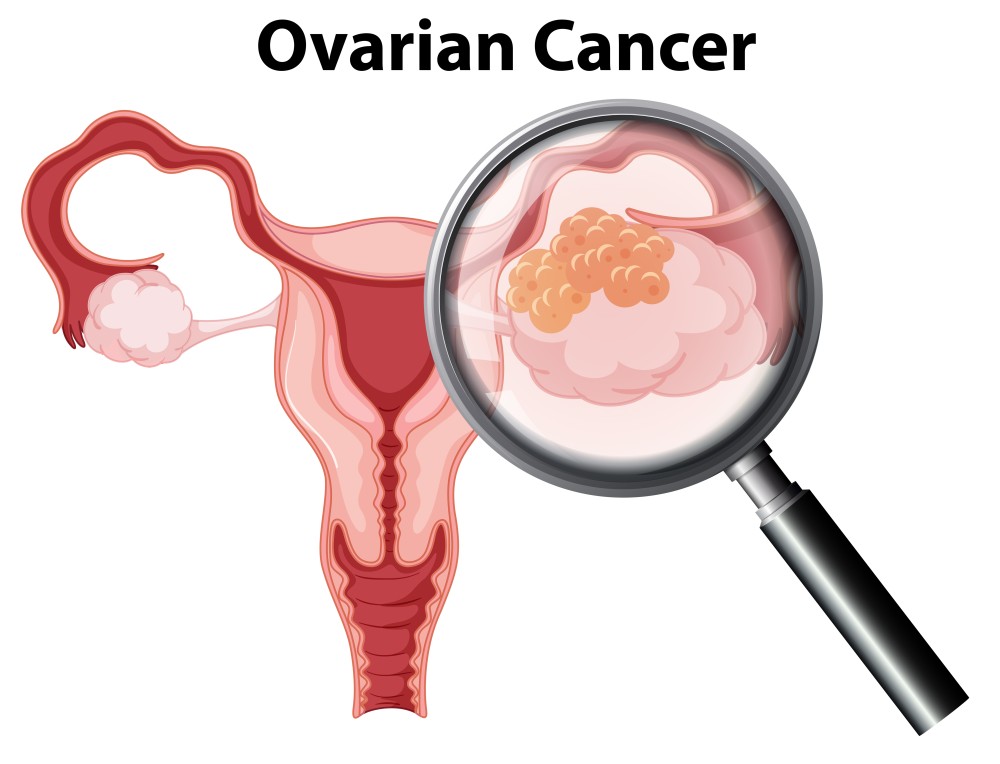Advanced Ovarian Cancer Surgery

Ovarian cancer arises from the ovaries, with several factors contributing to its development:
Genetic Predisposition: A significant percentage of ovarian cancers are linked to inherited mutations in genes such as BRCA1 and BRCA2. Women with a family history of ovarian or breast cancer are at higher risk.
Age: The risk of ovarian cancer increases with age, particularly after menopause. Most cases are diagnosed in women over 50.
Reproductive History: Women who have never been pregnant, had their first pregnancy after 35, or have a history of infertility may have a higher risk. Conversely, use of oral contraceptives has been shown to reduce risk.
Hormone Replacement Therapy (HRT): Prolonged use of HRT, particularly estrogen-only therapy, may increase the risk of ovarian cancer.
Lifestyle Factors: Obesity, a high-fat diet, and smoking are also linked to an elevated risk of developing ovarian cancer.
Treatment of Advanced Ovarian Cancer:
Treatment for advanced ovarian cancer typically involves a combination of surgery and chemotherapy, aimed at removing as much of the tumor as possible and eradicating remaining cancer cells.
Cytoreductive Surgery: Also known as debulking surgery, this procedure aims to remove as much of the cancerous tissue as possible. Dr. Deepak Bose specializes in this advanced surgical technique, which can involve removing the ovaries, fallopian tubes, uterus, and affected surrounding tissues.
HIPEC (Hyperthermic Intraperitoneal Chemotherapy): This innovative treatment involves the direct application of heated chemotherapy drugs into the abdominal cavity during surgery. HIPEC aims to kill remaining cancer cells in the peritoneal area, enhancing the effectiveness of traditional chemotherapy.
Systemic Chemotherapy: Post-surgery, patients often undergo systemic chemotherapy to target and destroy residual cancer cells. The drugs are administered intravenously and travel throughout the body to eliminate cancer cells that may have spread beyond the ovaries.
Targeted Therapy: For some patients, targeted therapies such as PARP inhibitors may be used. These drugs specifically target cancer cells with certain genetic mutations, offering a more personalized treatment approach.
Palliative Care: For advanced stages where cure may not be possible, palliative care focuses on managing symptoms and improving quality of life. This includes pain management, nutritional support, and psychological counseling.
Dr. Deepak Bose’s expertise in advanced ovarian cancer surgery and comprehensive treatment strategies ensures that patients receive the highest standard of care, improving survival rates and quality of life.